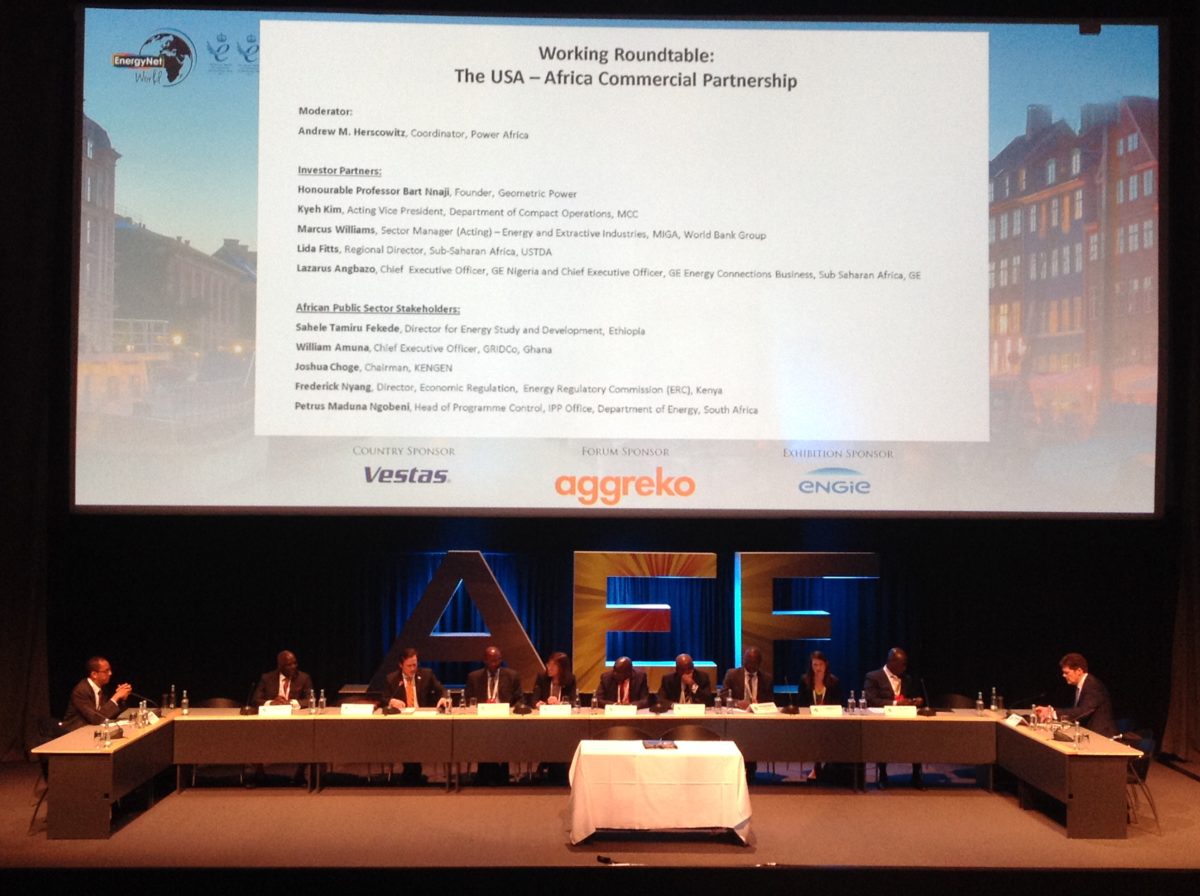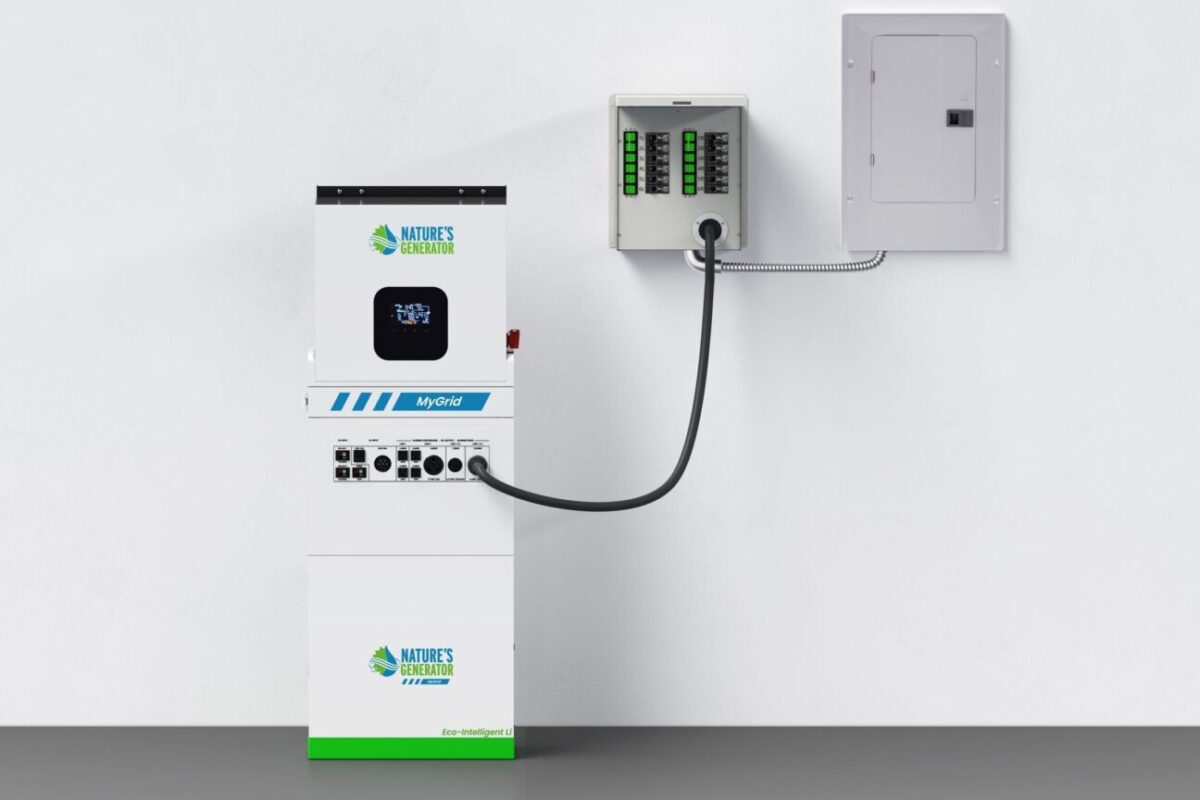Andrew Herscowitz, coordinator for Power Africa, an American presidential initiative launched in 2013 by the former U.S. President Barack Obama, got it straight at a USA-Africa commercial partnership roundtable discussion that took place yesterday at the Africa Energy Forum in Copenhagen, Denmark.
Most of you will be wondering where Power Africa is headed, following the election of Donald Trump, Herscowitz remarked upfront, immediately after the discussion kicked off. The truth is that Power Africa will continue working towards facilitating power projects in Africa, although we will now have an increased focus to boost business opportunities in the USA, e.g. creating export opportunities for U.S. companies that want to invest in Africa. But Africa will still benefit from those deals, added Herscowitz.
Furthermore, Herscowitz explained, the initiative’s budget just passed through the congress and Power Africa enjoys congressional support. There is commitment to continue working on our goals, and the initiative has the freedom to work on pretty much anything we select, Herscowitz concluded.
Lida Fitts, regional director for Sub-Saharan Africa at the US trade and development agency (USTDA), added in the discussion that USTDA often hosts African delegates in the US, helping them to address their energy challenges using USA made technology. Especially “in the last three years, our investment in Africa has surged,” said Fitts.
Mini grids are a fine example of U.S. technology that the USTDA agency promotes in Africa. Fitts told the Forum that mini grids were made originally in the USA to power the army’s operation in remote areas, but firms try to roll the technology out now in Africa. The technology exists, said Fitts; it is the commercial viability of the business models behind the technology roll-out that has to be proven.
Power Africa as a project facilitator, not financier
Power Africa was never designed to be a grant provider and a financier, Herscowitz told a Forum attendant who asked about the funds behind the initiative. Power Africa’s goal is to create partnerships with various stakeholders, locate good project ideas and create the right environment for these projects to materialise.
My answer to people who ask me where is the money to finance African projects, is that money is there, said Herscowitz. There are trillions of dollars for example in institutional investors who want to invest in Africa; “so the money is there. What is not there are the political will for reforms, predictability in the [power and financial] market, cost reflective tariffs for electricity and utilities that are credit worthy,” he expanded.
Herscowitz described his frustration about so few deals reaching financial close, but this happens because of all the above elements being missing.
The last remarks reflected a general consensus among the various presenters at the Africa Energy Forum that concluded today. Business stakeholders time and again expressed they would like to see transparent policy frameworks, local utilities that are able to collect the money for electricity consumed at tariffs in par with the real costs, and politicians who are dedicated in power investments.
The Power Africa initiative focusing on USA exports does not necessarily need to be a bad thing as long as this does not become the initiative's sole reason for existence. There are US agencies that already perform this role. Power Africa was conceived having a broader aim and role in mind.
This content is protected by copyright and may not be reused. If you want to cooperate with us and would like to reuse some of our content, please contact: editors@pv-magazine.com.



1 comment
By submitting this form you agree to pv magazine using your data for the purposes of publishing your comment.
Your personal data will only be disclosed or otherwise transmitted to third parties for the purposes of spam filtering or if this is necessary for technical maintenance of the website. Any other transfer to third parties will not take place unless this is justified on the basis of applicable data protection regulations or if pv magazine is legally obliged to do so.
You may revoke this consent at any time with effect for the future, in which case your personal data will be deleted immediately. Otherwise, your data will be deleted if pv magazine has processed your request or the purpose of data storage is fulfilled.
Further information on data privacy can be found in our Data Protection Policy.